The historic announcement by the United States that it will support the temporary suspension of patents on covid vaccines within the World Trade Organization (WTO) opens a new scenario full of questions and from which there are hardly any precedents in which to seek answers . The statement from the representative of Trade, Katherine Tai, acknowledges that the negotiations that will now begin "will need time" given the decision-making process of the WTO, which is by consensus, and "the complexity of the related issues." But the note also shows the 180-degree turn taken by the White House in its positions and the conviction that a change in global strategy is necessary if the worst health catastrophe of the last century is to be ended as soon as possible:"This is a global health crisis and the extraordinary circumstances surrounding the pandemic require exceptional measures," the text collects, the keys and consequences of which are reviewed below.
What does the ad say?
The United States agrees to work in the WTO so that this body agrees on the temporary suspension of patents on vaccines against coronavirus.
India and South Africa launched a first proposal in this regard last October, which also included medicines and health products related to the diagnosis and treatment of covid.
The initiative achieved the support of a hundred governments, but met with the rejection of the rich countries (United States, the European Union, Switzerland, Japan ...), headquarters of the big pharmaceutical companies.
India and South Africa announced last week their intention to remake their proposal this month to gain more support.
The US ad now mentions only vaccines.
More information
Brussels responds to Ximo Puig that releasing patents on vaccines does not solve the lack of doses
A study reveals that 97% of the investment to develop the AstraZeneca vaccine was public
India and South Africa prepare a new proposal to attract more support for the patenting of vaccines
Why is it happening now?
In recent months it has become clear that the agreements signed between governments and the pharmaceutical sector have not been able, despite the billions of public funds invested, to put into operation the productive capacity that the world needs.
The number of vaccines administered to date is just over 1 billion, when more than 12 billion would be needed before the end of the year.
This has caused patents to be seen as an obstacle that prevents more countries and factories from producing vaccines and that the voices in favor of their suspension have grown.
What is the timetable?
The General Council of the WTO is meeting this week, although India and South Africa had delayed until the end of this month the presentation of their new proposal with an eye to the meeting of the Council on Intellectual Property Agreements (TRIPS) of the WTO. month of June. Earlier, the World Health Organization (WHO) held its World Health Assembly - its highest decision-making body - from May 24 to June 1, a favorable scenario in which supporters of the patent exemption wanted to win new props. Negotiations can accelerate at any time, but a quick agreement is not foreseeable. Although some experts begin to consider another possibility: that it is the industry itself that, in the face of the latest movements, "voluntarily lifts patents," says Guillem López-CasasnovasDirector of the Center for Research in Economics and Health at the Pompeu Fabra University (Barcelona). “The sector does not want a forced suspension. This would create a dangerous precedent for their interests, due to the interpretations that would allow their extrapolation to other situations, and would also have high costs in terms of reputation. Once Biden has announced his position, my opinion is that in mid-June the sector itself could take the step ”, he considers.my opinion is that in the middle of June the sector itself could take the step ”, he considers.my opinion is that in the middle of June the sector itself could take the step ”, he considers.
What does the suspension of patents mean?
Patents give their holders the exclusivity to manufacture a product for a specified period of time, usually 20 years from when the drug is registered in the drug industry.
The suspension implies that this exclusivity ceases to have effect and that any other company in the world can start producing the product, in this case vaccines, without risk of sanctions.
The promoters of the initiative emphasize the importance of the least developed countries being able to be self-sufficient and develop their own production systems.
Are there new companies with the capacity to start producing more vaccines if licenses are suspended?
Supporters of the initiative say yes and that liberalization will allow less developed countries to start producing vaccines and become self-sufficient. The sector, for its part, affirms that world production capacity is close to the limit and that the companies themselves have signed more than 260 agreements between them (the so-called voluntary licenses) to increase it, according to calculations by Duke University. The truth is that there is no official public directory that details the factories that could produce vaccines in the world. The independent organization KEI has developed one that includes about 150 plants, although the vast majority are already manufacturing some. “The first thing to do is identify all the companies that can manufacture.Then start the transfer of technology and knowledge and sign the advance purchase contracts that have already been signed with the current patent holders. It is the same process that the governments did first with the pharmaceutical companies and then the companies among them ”, describes Fernando Lamata, former secretary general of the Ministry of Health and member of the Association for Fair Access to Medicine.
Employees at Pfizer's vaccine factory in Puurs, Belgium on April 23.
POOL / Reuters
Will pharmaceutical companies whose patents are released will be compensated?
Yes, unless, given the new situation, companies give up being so for image reasons. The patent exemption is a mechanism established within the WTO that requires, first, the political will of all governments and, later, complex negotiations to agree on the details of the measure, which does not have to close all options business of the sector. One point to clarify would be for how long the vaccines would be released. Another, if all countries accept the suspension. It would be possible, for example, for rich countries to continue to respect patent obligations while less developed countries benefit from suspension. The only similar precedent came more than two decades ago when countries like India were allowed to export generic antiretrovirals,but only to the least developed countries.
Will the process be fast?
It is not predictable for various reasons. The first is the complexity of the vaccine production process, especially those that use the novel messenger RNA technology, such as those from Pfizer-BioNTech and Moderna. It is necessary to transfer the knowledge on how to do it, which usually takes several months even when the companies themselves have reached agreements to do it. Another argument used by the sector is that there are not many companies or countries with the capacity and technology to start producing vaccines. Finally, the sector has faced bottlenecks in the supply of raw materials and production processes in recent months that it is not clear that they will be solved with the suspension. In any case, the promoters of the measure consider that the sooner work begins, the better."The suspension removes a barrier that prevents factories that could enter into production from not doing so," explains Vanessa López, director of Salud Por Derecho, an entity that advocates universal access to medicines. "It is necessary that negotiations on practical matters begin as soon as possible, such as technology transfer, mechanisms to support the production capacity of the poorest countries, set royalties where appropriate ...", adds López. The entities that have been promoting the suspension of patents recall that “if India and South Africa's proposal had been supported in October, the world would already be producing vaccines to the maximum of its capacity and now it is important to prepare the ground for it to do so. as soon as possible if more doses are necessary for the new variants ”.
What will be the next steps politically?
It is foreseeable that the decision taken by the United States will force all the other actors to reposition themselves, especially the European Union. "Biden's announcement forces the countries that were blocking this solution to move, including the EU, as we have already seen," defends Vanessa López. The president of the European Commission, Ursula von der Leyen, this morning in Florence (Italy) opened the door to "discuss" the proposal. The sector has already shown its "disappointment" by the announcement, although the truth is that it is a strong political impulse from the great powers that will force it to seek agreements.

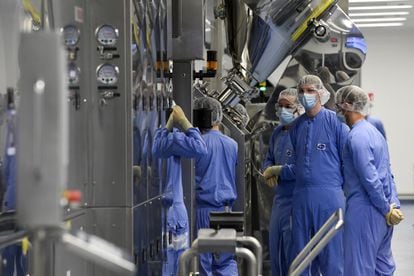

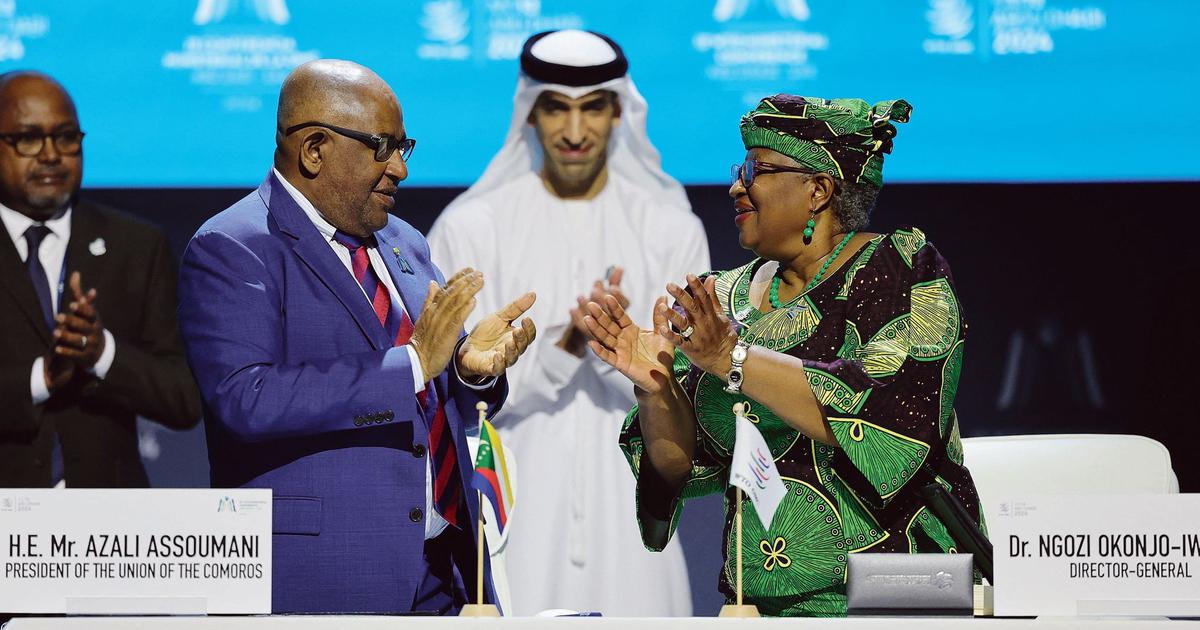
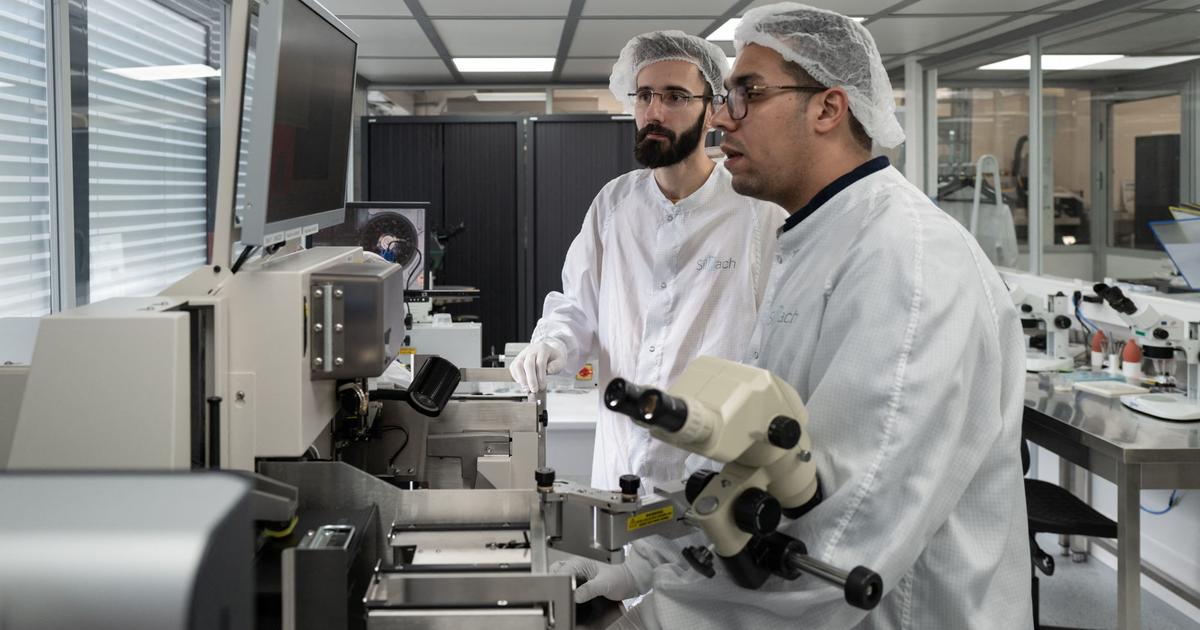
/cloudfront-eu-central-1.images.arcpublishing.com/prisa/PCE7NMB26ZDVRIQX2R26JSNH6A.jpg)

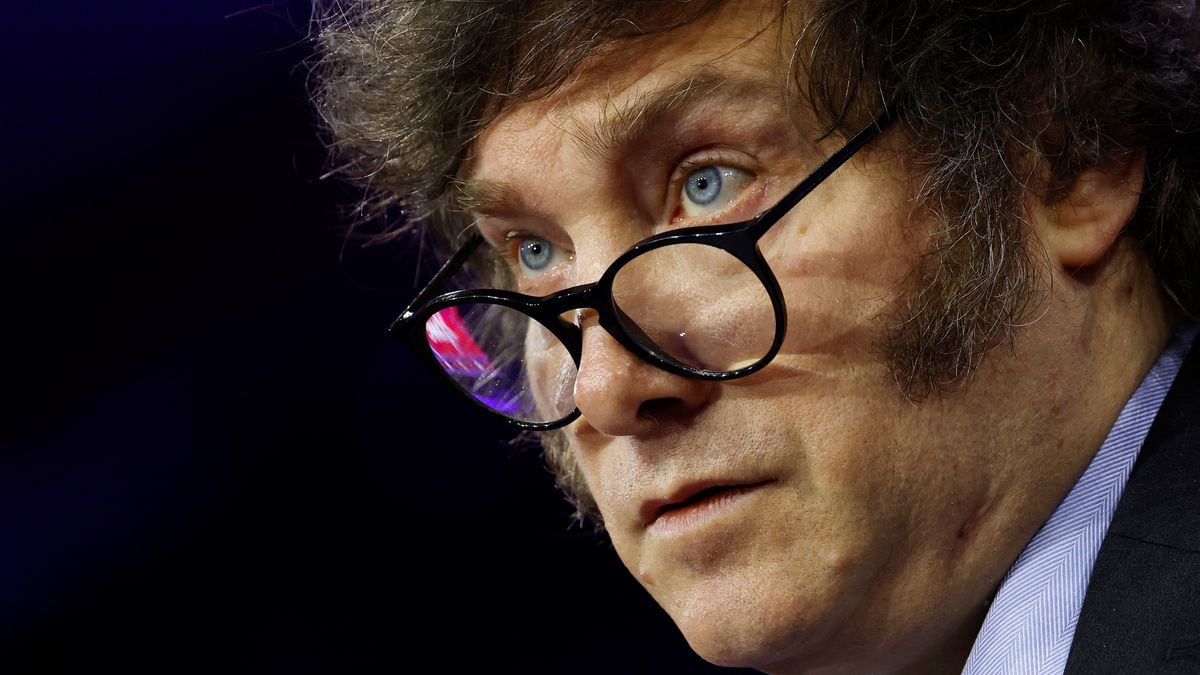

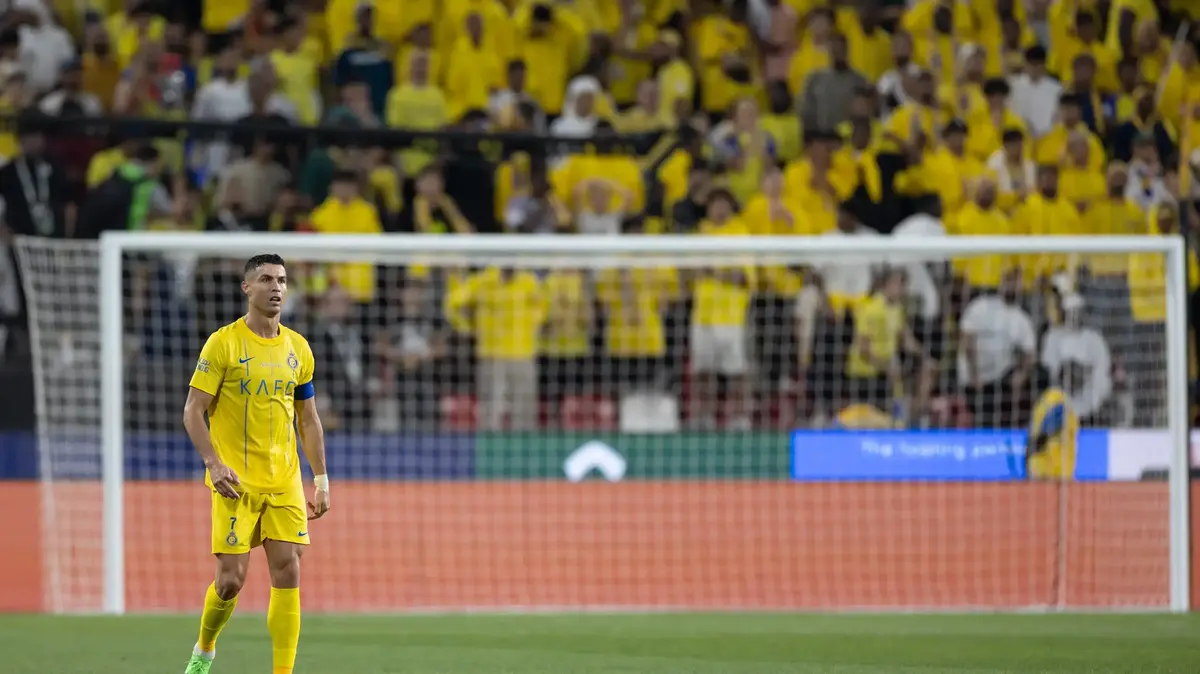

/cloudfront-eu-central-1.images.arcpublishing.com/prisa/S7ERVSCT4FUVX6R7TUVBDNTH5Y.jpg)



